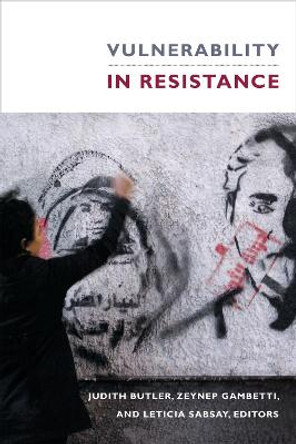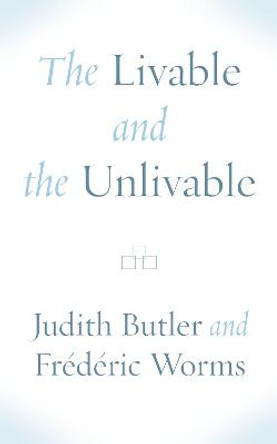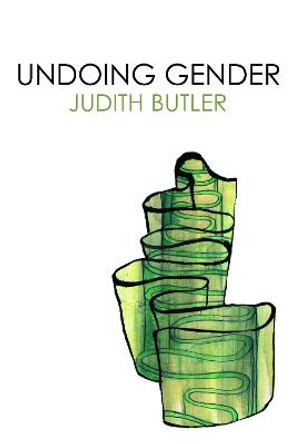Description
This is an incredibly important and timely book. As always, Judith Butler generates a brilliant and rich argument through a series of readings, in this case complex and nuanced engagements with the work of Edward Said, Emmanuel Levinas, Walter Benjamin, Hannah Arendt, Primo Levi, and Mahmoud Darwish. Her book is intent on showing that one can develop from Jewish sources a perspective on Israel-Palestine that is non-Zionist, and that it might even be possible to assert resistance to Zionism as itself a 'Jewish' value. These scare quotes are Butler's, who constantly questions what it means to be Jewish. -- Amy Hollywood, Harvard University This book is the product of a deep ethical urge, a complex political sensibility, and a rigorous philosophical mind. It is also a work of extraordinary courage and personal urgency. A fascinating pair of virtually counter engagements underlies its argument. Through a dialectic that engages with Levinas, Benjamin, Levi, and Arendt, among others, Judith Butler demonstrates that there are quite sufficient resources in Jewish traditions to oppose the policies of the Israeli state and the political Zionism on which they have been based. If this were not honorable enough, she then presents a sustained reason for refusing the form of self-congratulation that would frame these resources in a renewed claim for Jewish exceptionalism, but rather claims for them, through a most touching engagement with Said and Darwish, the grounds for a dispersal of the Jewish self to a reach beyond itself to non-Jews, thus locating it in the broadest and most humane form of democratic culture. I think it is, perhaps even without our knowing it, the book on this subject that we have all been waiting for. -- Akeel Bilgrami, Columbia University In her important new book, Judith Butler makes the profoundest argument possible for a diasporic, non-nationalist ethics, grounded in key Jewish writers and traditions of Jewish thought. In this context, her passionate commitment to the complexity of writing acquires a further level of political urgency in relation to Israel-Palestine. Some of the readings are simply brilliant. In many ways the culmination of her thinking to date, Parting Ways will confirm Butler's place at the forefront of debate about one of the most anguished political crises of our times. -- Jacqueline Rose, Queen Mary, University of London Following in the footsteps of Hannah Arendt, Judith Butler offers an illuminating critique of Zionism, here developed into a general theory of "cohabitation." Her compelling juxtaposition of Jewish and Palestinian intellectuals and texts (Levinas, Benjamin, Arendt, Said, and Darwish) constitutes an essential reflection on the notion of exile and diaspora, thus positioning herself against the logic of the nation state. Even those who disagree with some of her basic assumptions will find Parting Ways illuminating, challenging and thought provoking. -- Amnon Raz-Krakotzkin, Ben Gurion University
About the Author
Judith Butler is Maxine Elliot Professor in the Departments of Rhetoric and Comparative Literature and the codirector of the Program of Critical Theory at the University of California, Berkeley. She received her Ph.D. in philosophy from Yale University and was recently awarded the Andrew Mellon Award for Distinguished Academic Achievement in the Humanities. Her many books include The Power of Religion in the Public Sphere (with Jurgen Habermas, Charles Taylor, and Cornel West); Who Sings the Nation-State?: Language, Politics, Belonging (with Gayatri Spivak); and Is Critique Secular? (with Talal Asad, Saba Mahmood, and Wendy Brown).
Reviews
Parting Ways succeeds in its main task: to intervene in the political discourse and voice a Jewish concern about the State of Israel and its relation to the other. Studies in Religion It is a profoundly difficult vision that Butler articulates, and one unlikely to find ready adherence among those already at war; but it is a great one. Its genuine promise deserves a hearing - and more than that, to gather those whom expulsion has scattered in a renewed hope for an end to war. Theory & Event
Book Information
ISBN 9780231146104
Author Judith Butler
Format Hardback
Page Count 256
Imprint Columbia University Press
Publisher Columbia University Press











